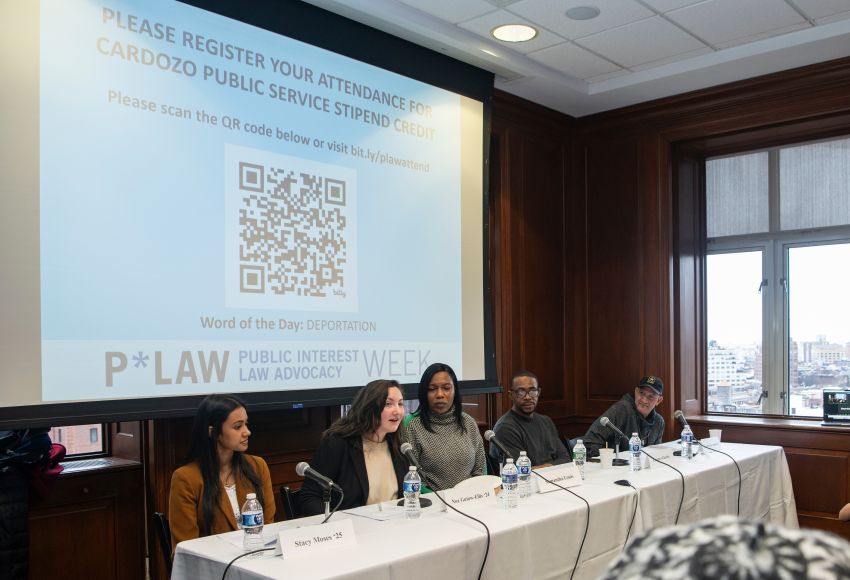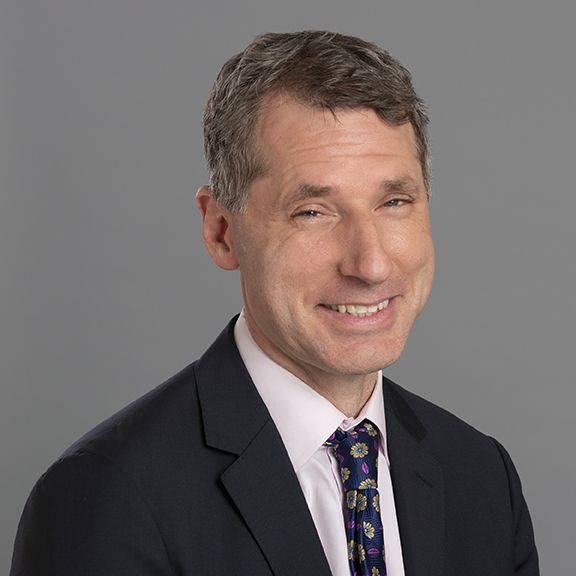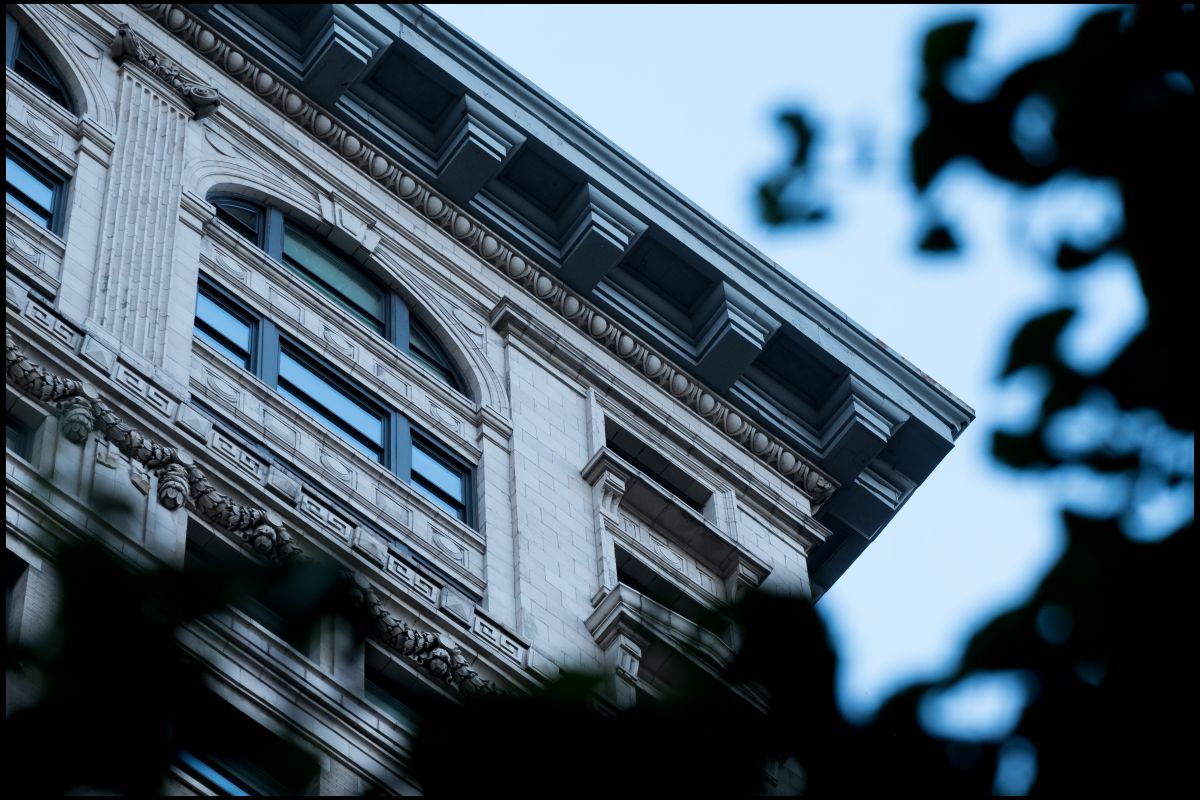The Center for Rights and Justice (CRJ) consists of more than 25 Cardozo initiatives, all working to achieve justice through scholarly research, public policy reform and client advocacy.
For more than 45 years, Cardozo School of Law has championed progressive programs designed to expand paths to justice. The CRJ is home to Cardozo's diverse approaches to achieving justice.
The CRJ recognizes that rights and justice are expansive concepts that mean many different things to many different people. At the CRJ, we focus on the themes of fairness, equality, accountability and transparency. It is the CRJ’s mission to bring to light through education and action these important elements of rights and justice.
The CRJ includes student engagement such as Public Law (P*Law) Advocacy Week and faculty work in consumer, immigrant, and civil-rights law areas. It brings together the law school's many commitments to what Benjamin Cardozo called "the welfare of society."
CRJ Director and Professor Alexander Reinert is a leader in the national fight to limit the use of solitary confinement in prisons.

Meet our Director

Professor Alexander Reinert
Professor Reinert joined the faculty of Cardozo in 2007, after working as an associate at Koob & Magoolaghan for six years, where he focused on the rights of people confined in prisons and jails, employment discrimination and disability rights. Reinert teaches and conducts research in the areas of constitutional law, civil procedure and criminal law. His articles have appeared in the Indiana Law Journal, Northwestern University Law Review, Stanford Law Review, the University of Pennsylvania Law Review, the Virginia Law Review and William & Mary Law Review, among other journals. Reinert argued before the U.S. Supreme Court in Ashcroft v. Iqbal and has appeared on behalf of parties and amicus curiae in many significant civil-rights cases. In 2016, he became the director of the Center for Rights and Justice, which brings together the scholarship, programs and clinics at Cardozo engaged in public service, client advocacy and academic scholarship dealing with issues of fairness, equality, accountability access to justice and transparency.
Dimensions of Justice
FAIRNESS
Fairness is the component of justice we speak of when we say everyone deserves "a fair shake." We mean that the rule of law is followed even when it harms powerful interests. Procedural fairness emphasizes principles such as the opportunity to be heard before being deprived of something important (like one's freedom or shelter). Substantive fairness means decisions are made free of bias or undue influence.
EQUALITY
The struggle for equality is central to the pursuit of social justice. Like fairness, the norm of equality holds that the law should not be biased. But equality has a more particular meaning in our legal tradition, because it speaks to specific manifestations of bias that compromise the legitimacy of our shared institutions -- denial of equal treatment based on race, sex and other socially salient personal characteristics. Equality also goes beyond formal equal treatment and non-discrimination. It includes the substantive public policies that enable people belonging to historically subordinated groups to live as true equals in our society.
ACCOUNTABILITY
Accountability, in a way, is the most basic form of justice, because it is concerned with righting wrongs. A society that seeks accountability must also be fair and equal (to ensure that accountability is not distributed in a biased or unjust manner), but it must be more than that. It must provide means to hold wrongdoers accountable, as well as means to distribute accountability in a pro-social way.
ACCESS
Access is a critical dimension of any justice system. If everyday people cannot access their rights, either because the legal system is opaque or because legal assistance is unavailable or too expensive, then a justice system cannot function.
TRANSPARENCY
Justice is often served through information. Information can enable us to improve our justice system as well as ensure accountability. Information can reduce unfairness and inequality and can increase access. Transparency of a justice system, then, is central to its workings.
Practical Training
CRJ Moots
The CRJ hosts moots regularly each semester, giving students the unique opportunity to attend confidential moot court sessions to observe prominent lawyers preparing for oral arguments in important appellate cases and giving advocates the benefit of receiving feedback from experts in the field. Past moots have included Dempsey Hawkins v. New York State Department of Corrections and Community Supervision, involving whether the Eighth Amendment requires that age at the time of offense be considered at parole; and Daniel McGowan v. United States of America, addressing whether a federal prisoner may bring a damages action to remedy the violation of his First Amendment rights. Cardozo is unique among New York-area law schools in providing this opportunity to our students.
CRJ Related Programs
CLINICS
Benjamin B. Ferencz Human Rights and Atrocity Prevention Clinic
Bet Tzedek Civil Litigation Clinic Civil Rights Clinic
Kathryn O. Greenberg Immigration Justice Clinic
FIELD CLINICS
Bronx Defenders' Family Defense Field Clinic
Consumer Rights Field Clinic
Immigration Law Field Clinic
The Freedom Clinic at The Perlmutter Center for Legal Justice
Special Education Law and Advocacy Field Clinic
STUDENT ORGANIZATIONS
Cardozo Advocates for Kids
Cardozo Students for Immigrants' Rights and Equality
Cardozo Students for Human Rights Law
Students for Reproductive Justice
OUTLaw
National Lawyers Guild
Public Interest Law Student Association
Student Animal Legal Defense Fund
Suspension Representation Project
Unemployment Action Center

